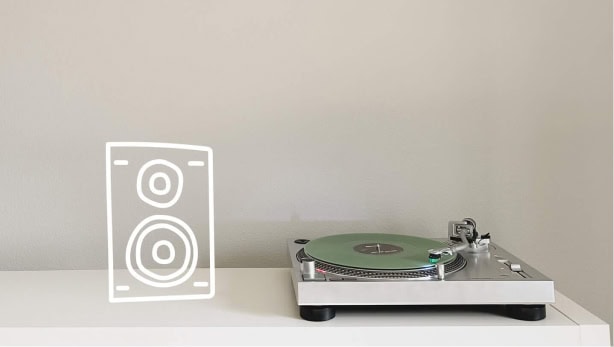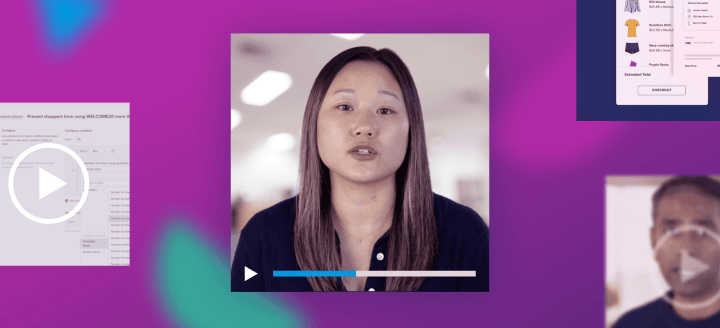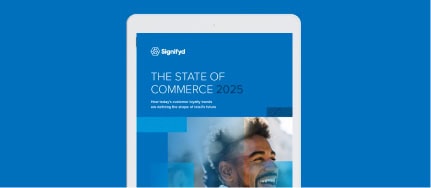Even with almost four years of experience working in technology (first financial tech and now fraud-protection tech) I can’t shake the idea that I’m an outsider. Maybe it’s my degree in social science and my background in journalism. Or maybe it’s my own biases about what working in tech really means.
When I walked in the door of the Marriott Marquis in San Francisco for the Women of Silicon Valley 2019 conference, I expected my outsider persona to flash bright as a beacon to everyone else who I assumed belonged there. They could see me for what I was: Different. An oddball. Perhaps a phony.
The two-day event welcomes women from all around the country to network, learn and connect, in the place where the technology boom began. After the opening keynote address on the first day of sessions, I started to shape the agenda I wanted to pursue—confronting bias in tech.
Google’s Chief Decision Scientist Cassie Kozyrkov challenged us to think differently about artificial intelligence to better understand it, starting with the words we use when we talk about it. By the end of her speech, I also began to understand a deeper concept.
The self-anointed outsider
I’m not alone in feeling like an oddball in tech.
Every woman has felt different in tech. At some point in her career, she’s been looked at as a misfit—or even cultivated that image internally. She probably goes to work every day while wrestling with imposter syndrome. A common lesson we all learned about each other in a fantastic seminar led by a Dartmouth-educated programmer who taught us how to slay the imposter syndrome dragon.
As I ran around the opulent Marriott Marquis hotel looking for scoops and blog ideas from panels on the ethics of AI and the top threats to cybersecurity, the chief data scientist’s lesson crystalized right in front of me.
We need to challenge biased thinking. In tech, with data and about ourselves.
The women leaders sharing their knowledge and expertise on stage were inspiring, just by standing up and being visible. Future tech leaders can model themselves on those images. Inclusivity was a major theme of the conference. Not just based on our gender presentation, nationality and ethnicity, or skin color, but also in our educational and professional backgrounds.
Tech thrives when everyone has a seat at the table. We can all bring perspectives and experiences to improve our work every day.
Our symbiotic relationship with AI: Optimize, not replace, our lives
Making work better through AI and blockchain was a standout concept in the seminar called Blockchain: Coming to an Industry Near You Soon! Many people fear the future of automation: nightmares from losing our jobs to robots or a complete machine takeover have long been fed through dystopian science fiction media.
The leaders at Women of Silicon Valley asked us all to reframe our understanding (or in my case, build it from scratch) of AI to see how automation can take care of the repetitive, low-value tasks in our jobs and empower us to pursue the higher-value aspects of our work. By challenging a long-held bias that AI seeks to replace humanity, we can ride emerging technologies to any path we choose and live more fulfilling lives.
Women leaders and tech professionals shared their vision of the future unclouded by fear, uncertainty and doubt. Not to be confused with a future free of responsibility and accountability. The other side of the coin means being vigilant in providing data with as little bias as possible and maintaining ethical standards for the use of AI, data and blockchain.
Privacy, transparency and inclusion were among the keys to successfully deploying AI, according to the tech leaders at Women of Silicon Valley, plus a reminder that we’re sowing the seeds for the next generation in tech—and that if we can’t fix the problems (many that we created on our own), they probably will. And we may not fit into those solutions as long as we cling to bias.
Inclusion is the future of tech
As we go forward in our careers and lives, tech’s role will only grow. That’s why the women leaders at Women of Silicon Valley reminded us that tech’s past doesn’t reflect the diversity of tech’s present and future. We have the tools and the responsibility to step into leadership roles in tech.
From entrepreneurs and engineers to communications professionals, from the C-suite to the associate level, your title doesn’t make you more or less qualified to speak up about tech. Your background barely matters when you know how to leverage your strengths and skills. What matters most is what you can bring to make working in tech better today, and what you’re doing to influence the future of the tech industry.
During this conference, we were each tasked with displaying leadership in our everyday working lives. I didn’t realize how true this was until a friendly eBay engineer next to me asked for an explanation of blockchain after the seminar we attended together. Instead of my instinctual reaction, where I’d be biased against myself (assuming I’m a know-nothing and I don’t belong), I gave her my honest understanding of the talk.
That’s leadership—taking what I know to help someone else, regardless of the power dynamics of our interactions.
Some of our amazing Signifyd women leaders sacrificed their time at the event to spend two days in the exhibition hall, welcoming attendees to our booth and introducing our company and products to conference-goers. I got so much out of my time at Women of Silicon Valley that I initially felt bad that they couldn’t attend all the inspirational speeches and share in the bright ideas.
Then I realized they had their own leadership role: guiding Signifyd’s brand and showing the world who we are as a company. That’s what they had to give, and my gift is to share the perspective of a self-anointed outsider who just realized the emperor was naked all along.
Without bias
I went to this event with my objective lens finely tuned on getting the story. I came away with a new understanding of the world I’ve been a part of for years but never trusted, all because I took the advice in the very first speech I attended.
I confronted my own bias, and I won a new passion in AI, blockchain and tech communications. I saw the themes I’ve always been passionate about, like law, ethics and semiotics, applied to fields that fascinate me, like biotechnology. It made me see that there will always be a place at the tech table for me, as long as I’m willing to check my biases and get ready to work on the best possible future.
See you next year at Women of Silicon Valley 2020. With the rapid pace of change ahead, shifting politics and the year number that only seemed real in pulp sci-fi novels, the 2020 conference should be even more eye opening than this year’s event.







